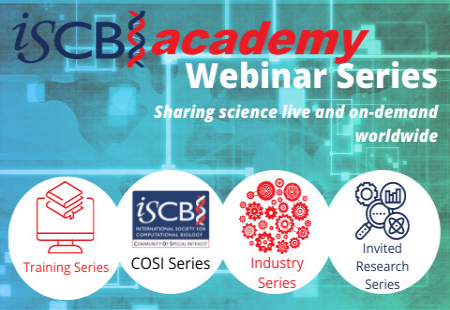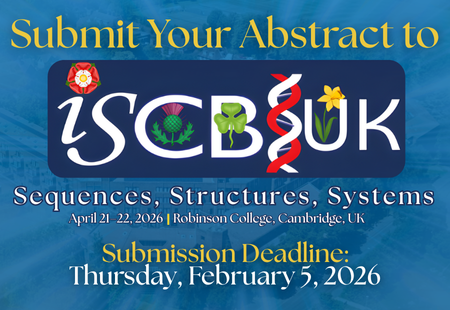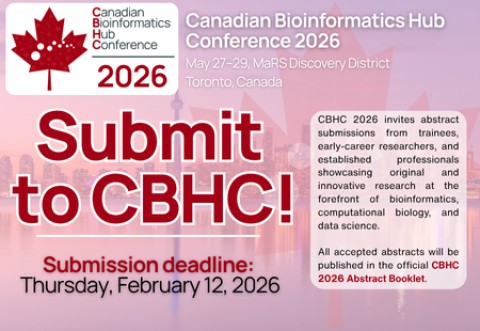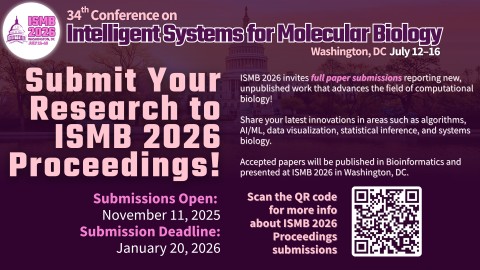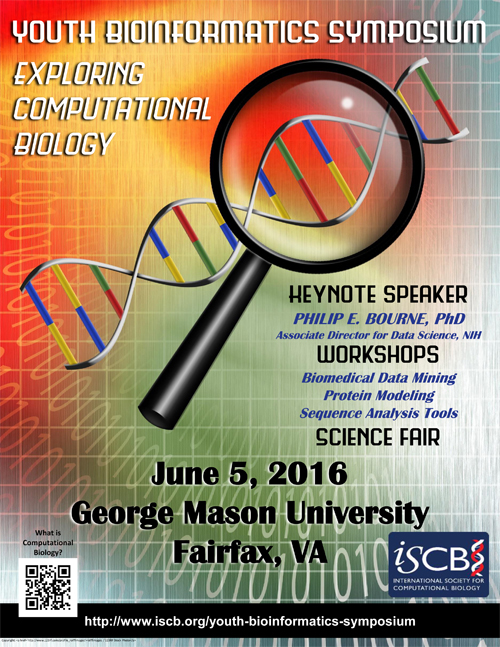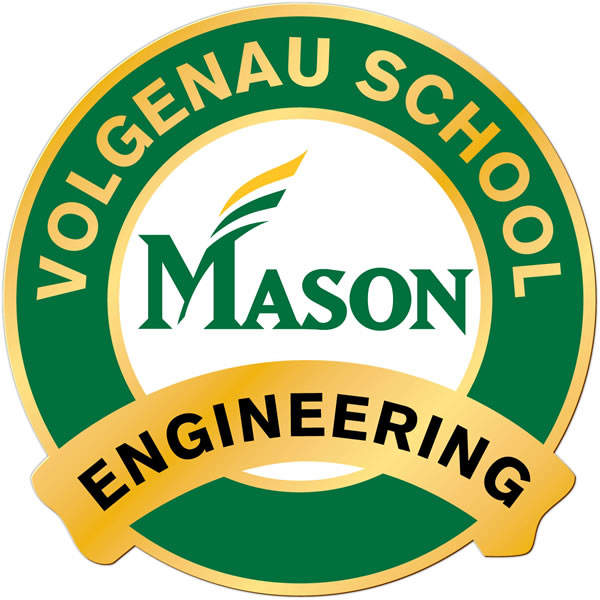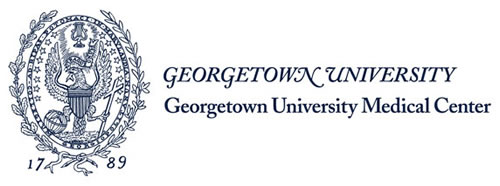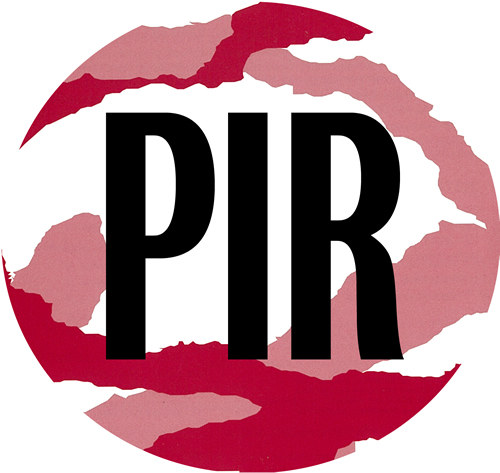WORKSHOPS
Biomedical Data Mining Workshop Summary:
Innovation Hall 222 - Computer Lab
Workshop 1 |
 Presentation download: PDF (click here)
Presentation download: PDF (click here)
The workshop will introduce computational techniques in analyzing biomedical data. Students will gain hands on experience on applying data mining algorithms to real life biomedical applications. Examples to be discussed will include the diagnostic prediction of cancer and the classification of diabetes. Students will work in groups to practice Matlab programming on these examples guided by the instructors. After participating in the workshop, the students will gain an understanding of the states-of-the-arts biomedical data mining methods as well as their limitations, which hopefully will inspire them to further their studies in these areas.
Protein Modeling Workshop Summary:
Innovation Hall 215G - Standard Classroom
Workshop 2
Please bring your own laptop or tablet, if possible.
|
Interested in learning how to visualize proteins? This workshop will teach students how to interact with commonly used protein visualization tools that help model the structures of important proteins in 3D! Throughout the workshop, students will be able to apply their knowledge of biology to identify key regions of a protein and design drugs that selectively disrupt activity of that protein. The techniques learned in this workshop will provide students with the foundation to explore and design treatments for other diseases, such as cancer and Alzheimer’s.
Sequence Analysis Tools Workshop Summary:
Innovation Hall 223 - Computer Lab
Workshop 3 |
PubMed, UniProt Knowledgebase, and Protein Sequence Analysis
 Presentation downloads: PowerPoint (click here) or PDF (click here)
Presentation downloads: PowerPoint (click here) or PDF (click here)
This workshop will introduce students to PubMed, the UniProt Knowledgebase (UniProtKB), and protein sequence analysis tools, including protein BLAST and multiple sequence alignment. Students will use PubMed to search for articles about a protein of interest and then view the UniProtKB record for the same protein to gain an understanding of how experimental information from the literature is interpreted and presented in a curated bioinformatics resource. In the second part, students will use protein BLAST and multiple sequence alignment along with UniProtKB annotations to predict the function of an uncharacterized protein.
ROTATION SCHEDULE FOR WORKSHOPS
| START TIME |
END TIME |
EVENT |
Workshop by Group Color |
| 10:00 am |
11:30 am |
Session A |
Workshop 1 |
Workshop 2 |
Workshop 3 |
| 12:15 pm |
1:45 pm |
Session B |
Workshop 1 |
Workshop 2 |
Workshop 3 |
| 1:45 pm |
3:15 pm |
Session C |
Workshop 1
|
Workshop 2 |
Workshop 3 |
top
SCIENCE FAIR
The purpose of the mini science fair is to allow middle and high school students to think creatively, conduct background research, and develop a proposal for a unique solution that can help address important problems that face the medical field. Through this process, students will be able to think like scientists and learn how to make existing technologies even better.
Theme of the Mini Science Fair:
The theme for this first youth symposium is Global Health. This area is broad, but especially for the first conference, we want students to have room to explore their own interests and see how computational and engineering methods can be applied.
Examples of areas in the Global Health Category include:
Infectious Disease (malaria, ebola, tuberculosis, etc.)
List of well-known infectious diseases - www.health.ri.gov/diseases/infectious/
Genetic Disease (cancer, Huntington’s diseases, Parkinsons, etc.)
List of well-known genetic diseases - www.genome.gov/10001204
Combating World Hunger
Students can think about how computer science and engineering solutions can help address these diseases. The competition is not limited to areas mentioned above. Students can also explore solutions for better patient care for individuals with these diseases, or an easier way to learn about the symptoms and diagnosis for a disease.
Apart from prizes for the top 3 (more or less depending on funding for awards) project proposals, we can also have awards for the best use of computer science or the best use of an engineering solution.
Before the Symposium:
Students will be able to form teams to help brainstorm and think of ideas. A few weeks before the symposium, the team will submit a brief abstract of their proposal. The abstract submission will take place on the symposium website.
The Symposium organizer will have research scientists available to help guide the teams.
During the Symposium:
At the symposium, there will be a time when teams will give poster presentations to various visitors at the symposium (family and friends) and will also present their idea to judges. The judges will score and determine the top projects, who will receive an award at the closing ceremonies.
Presentation Details:
At the science fair, individuals or teams can present their project in a variety of ways. The different options include a trifold poster board, powerpoint presentation on a laptop, or even printed out images and notes as a supplement. Presenters are not required to have a trifold poster board, and can instead determine what presentation method is best for them. The symposium organizers will provide a table for each project at the science fair.
Judging Criteria:
| I. Research Question (10 pts) |
| |
clear and focused purpose |
| |
identifies contribution to field of study |
| |
testable using scientific methods |
| II. Design and Methodology (10 pts) |
| |
well designed plan and data collection methods |
| III. Creativity (15 pts) |
| |
well designed plan and data collection methods |
| |
project demonstrates significant creativity in one or more of the above criteria |
| IV. Presentation (25 pts) |
| a. Interview (25 pts) |
| |
clear, concise, thoughtful responses to questions |
| |
understanding of basic science relevant to project |
| |
recognition of potential impact in science, society and/or economics |
| |
quality of ideas for further research |
| Total Points Possible: 60 |
top
KEYNOTE SPEAKER - PHILIP E. BOURNE, PhD
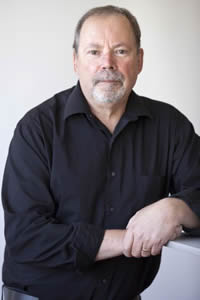 Philip E. Bourne PhD is the Associate Director for Data Science (ADDS) at the National Institutes of Health. Formally he was Associate Vice Chancellor for Innovation and Industry Alliances, a Professor in the Department of Pharmacology and Skaggs School of Pharmacy and Pharmaceutical Sciences at the University of California San Diego, Associate Director of the RCSB Protein Data Bank and an Adjunct Professor at the Sanford Burnham Institute.
Philip E. Bourne PhD is the Associate Director for Data Science (ADDS) at the National Institutes of Health. Formally he was Associate Vice Chancellor for Innovation and Industry Alliances, a Professor in the Department of Pharmacology and Skaggs School of Pharmacy and Pharmaceutical Sciences at the University of California San Diego, Associate Director of the RCSB Protein Data Bank and an Adjunct Professor at the Sanford Burnham Institute.
Bourne's professional interests focus on service and research. He serves the national biomedical community through contributing ways to maximize the value (and hence accessibility) of scientific data. His research focuses on relevant biological and educational outcomes derived from computation and scholarly communication. This implies algorithms, text mining, machine learning, metalanguages, biological databases, and visualization applied to problems in systems pharmacology, evolution, cell signaling, apoptosis, immunology and scientific dissemination. He has published over 300 papers and 5 books, one of which sold over 150,000 copies. Click here for his website.
 Professor Bourne's presentation is available here.
Professor Bourne's presentation is available here.
top
![]() Presentation download: PDF (click here)
Presentation download: PDF (click here)![]() Presentation downloads: PowerPoint (click here) or PDF (click here)
Presentation downloads: PowerPoint (click here) or PDF (click here)
